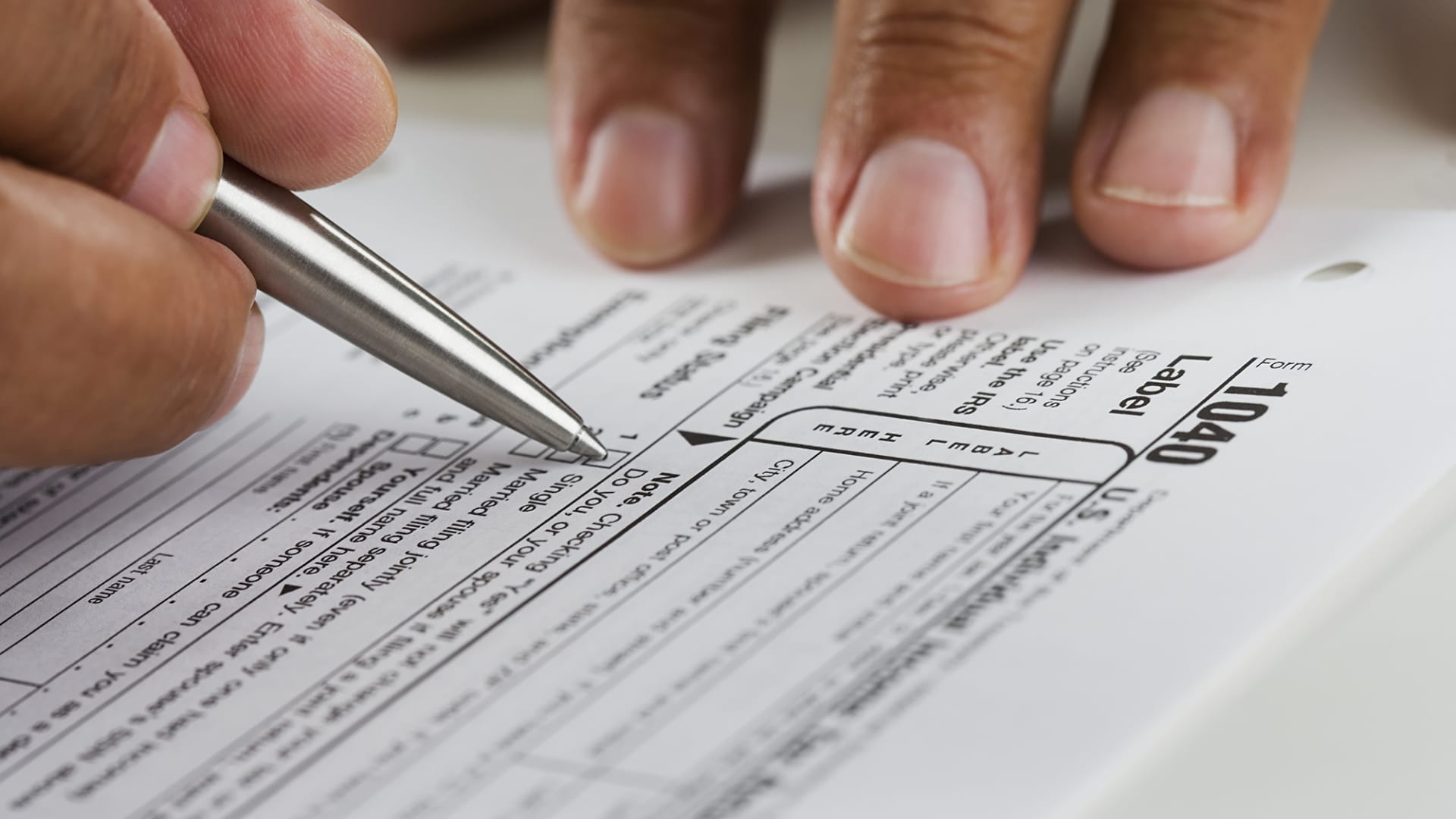The IRS is preparing to test a free online direct filing system for some taxpayers — and while pre-populated returns with certain details already filled in aren’t part of the initial plan, research shows it may be possible for certain filers.
As directed by the U.S. Department of the Treasury, the pilot program will launch during the 2024 filing season for some taxpayers to assess the platform’s broader viability.
“We do not expect pre-population or pre-determining tax obligations to be part of it,” IRS commissioner Daniel Werfel told reporters on a press call Tuesday, noting the project’s limited scope.
More from Personal Finance:
IRS to offer free direct filing for some taxpayers in 2024
Black Americans more likely to face audits, IRS confirms
Sen. Sanders pushes for Medicare for All
However, the IRS may have the future ability to pre-populate nearly half of tax returns, according to a 2022 working paper from the National Bureau of Economic Research.
It’s possible the agency could correctly auto-fill an estimated 62 million to 73 million returns with information it already has, which would cover 41% to 48% of taxpayers, researchers from the Treasury Department, the Minneapolis Federal Reserve and Dartmouth College found.
The paper was based on a random sample of roughly 350,000 individual tax returns from 2019, and accuracy was highest among low- to moderate-income filers. Errors were more likely to occur as itemized deductions increased.
Pre-populated tax returns are common abroad
Bruce Sacerdote, professor of economics at Dartmouth College and co-author of the NBER paper, said he was “impressed” to learn the degree to which other countries are successfully using pre-populated individual tax returns.
As of 2021, more than 45 countries, including Germany, Japan and the U.K., at least partially pre-populate personal income tax returns.
Some countries use “tax agency reconciliation” where residents can elect to have tax authorities auto-complete the data and before filers approve the return. Others may use an “exact withholding system” where employers try to set aside precisely what workers owe.
Possible ‘pitfalls’ of pre-populated tax returns
If the IRS wanted to use pre-populated tax returns, Sacerdote said there would be a few “pitfalls” to address, such as third-party tax forms, known as information returns, which the IRS receives for taxpayers yearly.
“If we were going to still get returns done by April 15, you might need employers and reporters to send information returns sooner,” Sacerdote said.
You certainly worry about nudging people away from their true liability.Bruce SacerdoteProfessor of economics at Dartmouth College
Another possible issue is correctly inputting a taxpayer’s filing status, which can impact tax liability or a refund. However, that could possibly be reviewed and corrected by taxpayers before filing, he said.
And pre-populated returns could raise questions about taxpayer compliance. Sacerdote added: “You certainly worry about nudging people away from their true liability.”
Of course, it’s still too early to know whether the testing of the IRS’ free online direct filing will be successful.
Ayushi Roy, deputy director at New America, who led the independent third-party task force responsible for reviewing the IRS feasibility report, said there are also organizational and operational challenges to consider for any new project.
“Any technology that you build is only as good as the organizational design, bureaucracy and communication of that organization,” she said.
